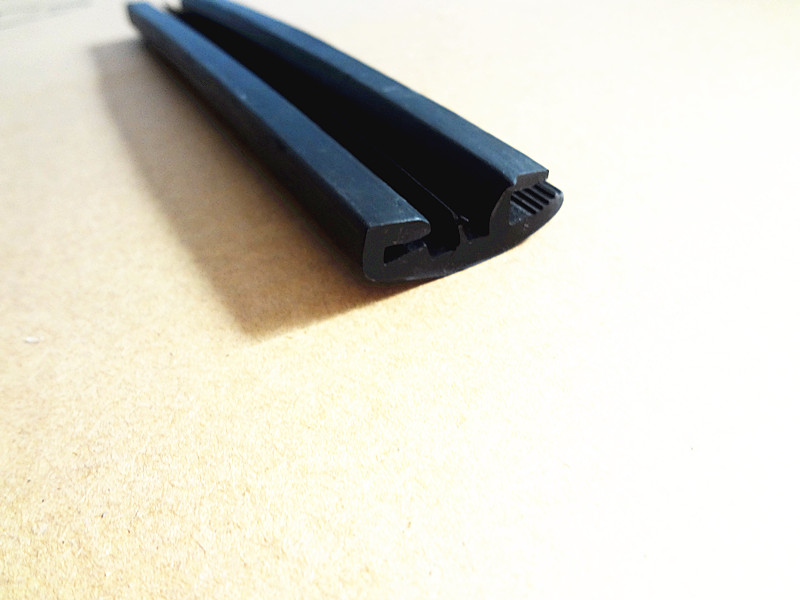
What is TPV?
TPV is mainly composed of two parts: one is plastic, as a continuous phase; the other is rubber, as a dispersed phase.Usually rubber needs to be combined with softening oil or plasticizer. Vulcanizing agent and some auxiliary agents are also necessary.In addition, in order to reduce the cost or improve the performance of some aspects, some inorganic fillers will be filled.
TPV can be formed between many plastics and rubber, but only a few blends have practical value after dynamic vulcanization. Currently, commercial blends include PP/PE/EPDM, PP/NBR, PP/ACM, PS/SEBS.In the chemical industry publishing house book thermoplastic elastomer and nine of 11 kinds of rubber plastic preparation of 99 kinds of rubber/plastics blend has carried on the review, the study found that in order to get the best performance of rubber/thermoplastic dynamic vulcanization blend, must meet the following conditions: (1) the surface of the plastic and rubber polymer can match;(2) the length of rubber entanglement molecule chain is low;(3) the crystallinity of plastics is greater than 15%.When the polarity or surface energy between plastics and rubber are quite different, the blends with good properties can also be obtained by adding appropriate compatibilizer and performing dynamic vulcanization.
Application:
In terms of the properties of thermoplastic vulcanized rubber, it is mainly applied in the following aspects:
1. Sealing (building/car sealing strip, sealing ring)
It's a SOFT TOUCH.
3. Anti-impact and shockproof;Flexibility (caster, buffer block;Wire, cable, hose)
4. Modified plastics to improve the toughness and impact resistance of materials.
From the thermoplastic vulcanized rubber performance is different from the general thermoplastic elastomer, its application is more inclined to industrial products:
1. High temperature resistance, the conventional fully vulcanized PP/EPDM can reach 135, and the engineering thermoplastic vulcanized rubber launched by dupont can withstand more than 150;
2. Solvent-resistant and oil-resistant, TPV is usually solvent-resistant and oil-resistant due to the cross-linked rubber particle phase.